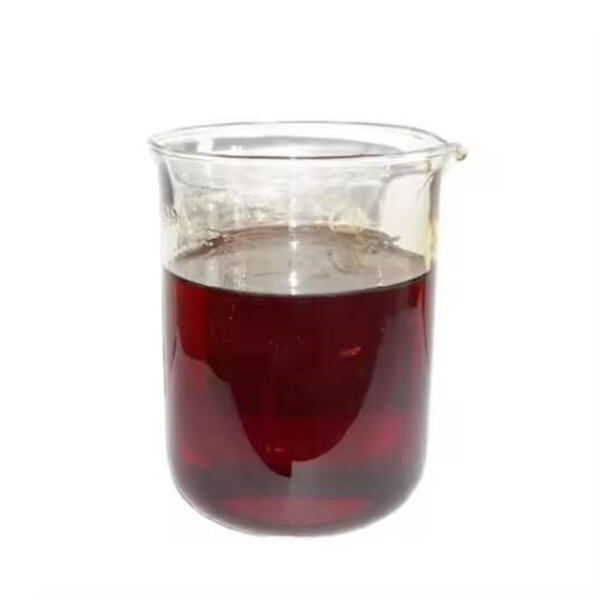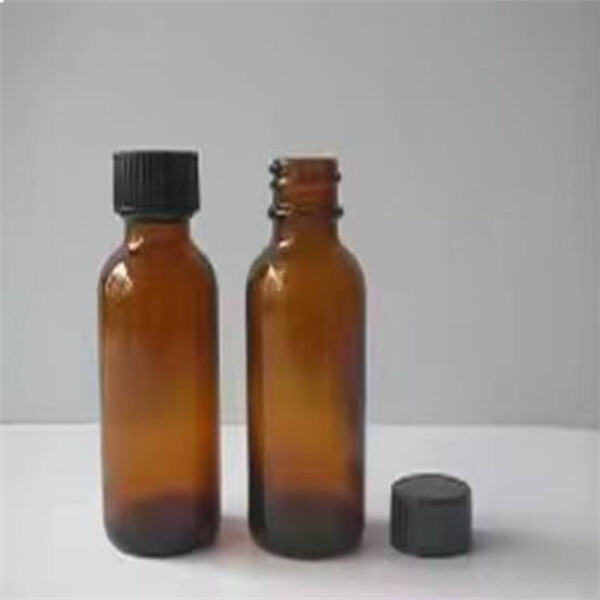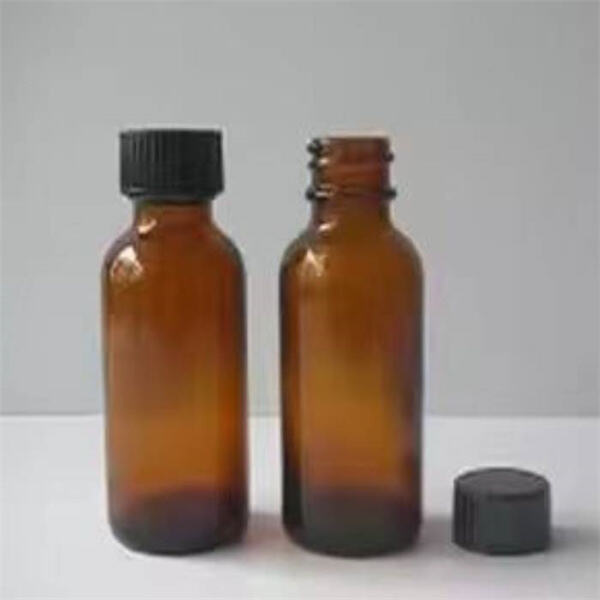Glyphosate is the most widely used pesticide on earth. Introduced by a fellow named John E. Franz in 1970 Glyphosate-based herbicides are used by farmers to eradicate weeds that compete for space in fields where important crops such as corn and soybeans grow. Glyphosate is arguably extremely effective, or in other words, it does a fantastic job of killing (all) weeds It is also quite affordable, which makes it a great option for farmers that want to save time and money in the care of their crops.
There are plenty of different takes on whether glyphosate is safe. Some contend that glyphosate is harmless and does not hurt anything. Still, some feel it's too risky. There are studies claiming that glyphosate can lead to some very severe health conditions such as cancer but other, at the same time opposing claims say it does not. Unfortunately this makes it extremely diffusely for those trying to find the truth on glyphosate. Some people are also concerned about the impact of glyphosate on wildlife. They are concerned the spray could kill more than just weeds, but other plants and animals essential for our environment.

As a result, some countries have elected to ban the use of glysophate. As an example, the Republic of Sri Lanka took a major decision in regards to glyphosate ban over 2015. That was before they began worried that it made people ill and caused kidney disease. Similarly, in 2021 France also prohibited glyphosate, another example of how more countries are starting to perceive the potential harms. Numerous other countries in the world are also debating whether or not they should ban glyphosate. That demonstrates the topic is a very hot one and people are alert.

It has been detected in some food and water which is one of the reasons people are concerned about glyphosate. The duo promise that over time glyphosate use will decrease too so although farmers are relying on glyophosphate to kill the weeds in their fields, this is happening less often. If the trickle down to where they are using it on fields, it gets into soil and can then get into water what irrigates (meaning: waters) the crops. Another worry for many people is that glyphosate can also be found in the food they are eating. As a result, people are concerned whether consuming food or drinking water with glyphosate in it might not be good for their health. This is why more testing and better precautions are being called for or glyphosate.

Well, the good news for all such people is that weeds can be controlled without using any chemical product such as glyphosate. An ideal way is covering the earth with mulch. A layer of mulch is a barrier for weeds which are spread over the soil. Composted materials like leaves, wood chips or straw. Hand Weeding Hand weeding is a non-chemical way to control weeds. It is a lot of work, but it is by far the most effective means to keep weedy gardens and fields clean. Farmers have the option of planting what are known as cover crops -- specific plants to grow in between their main crops. These cover crops crowd out weeds from the area as they are taking up space and nutrients in the soil;
Ronch provides a variety of products for project solutions. These include all types of locations for disinfection and sterilization as well as all four pests included with various formulations and equipment compatible with any equipment. All of the drugs are part of the list recommended by the World Health Organization. These drugs are used widely throughout many projects, which includes the control of cockroaches and other insects, such as ants and glyphosate.
Ronch is committed to becoming a pioneer in the public environmental glyphosate industry. It is based on the market and closely mixing the features of different public spaces and industries and focusing on requirements of customers and the market, relying on strong independent research and development by combining the top technology concepts, quickly responding to the ever-changing needs of customers and providing them with high-end secure, reliable, quality pesticides, environmental hygiene sterilization and disinfection products as well as sterilization and disinfection solutions.
In the field of cooperation with customers, Ronch adheres to the corporate policy of "quality is the lifeblood of the company" and has received glyphosate in the procurement work of industrial agencies. In addition, it has closely and deeply cooperated with numerous research institutes and famous companies, earning a good reputation for Ronch in the field of public environmental sanitation.The competitiveness of the business will be built through unremitting effort and hard work. It will also build outstanding industry-leading brands and offer the best industry services.
We provide a full service to our glyphosate on all aspects of hygiene as well as pest control. This is accomplished by combining a comprehensive knowledge of their industry with exceptional solutions and expertise with pest control.Our export volume is more than 10,000 tons annually thanks to our the 26 years of development of our products and improvement. Our 60+ employees are eager to collaborate with clients to offer the finest products and services in the industry.
We are always waiting for your consultation.